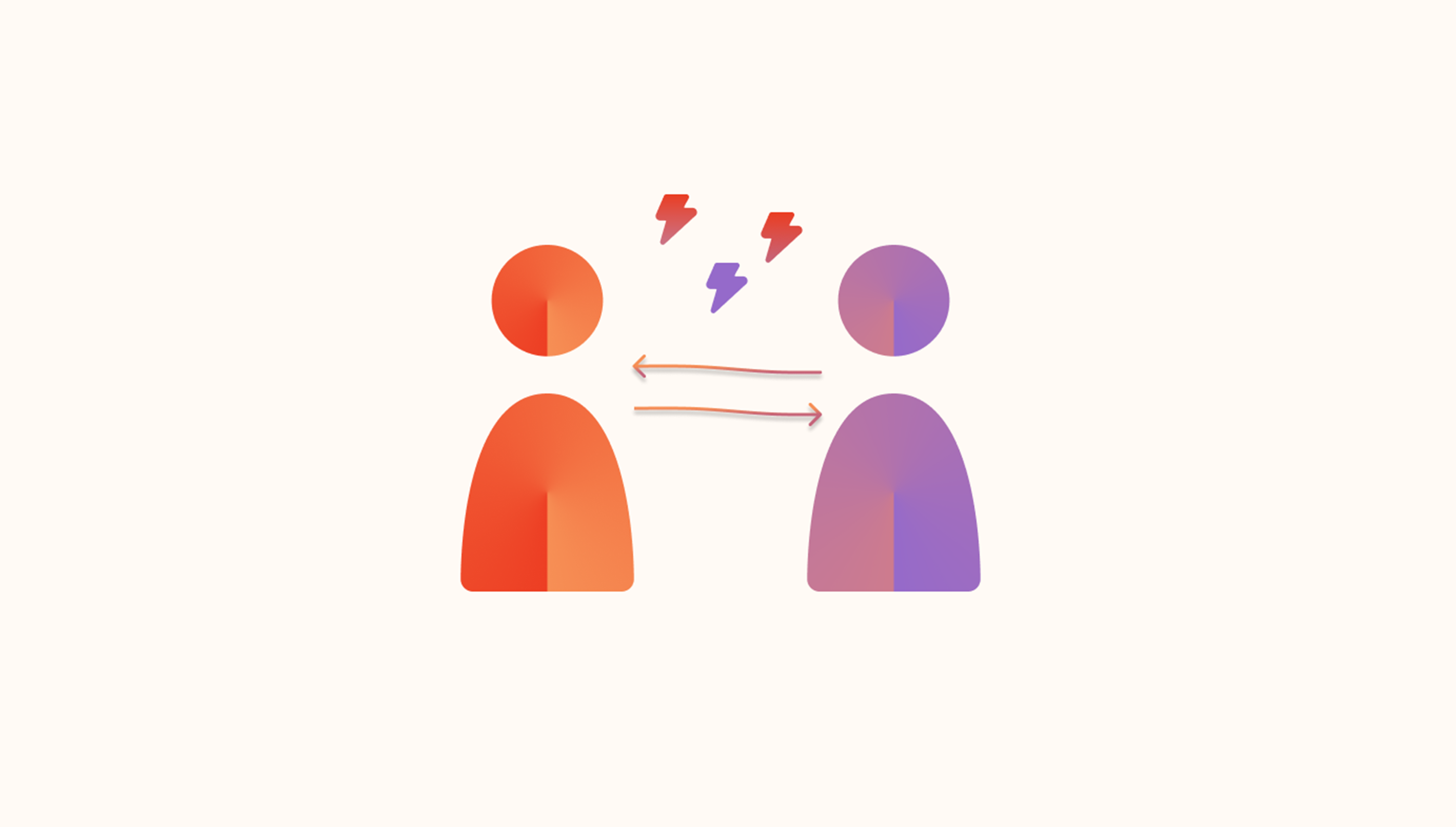I began my buddying (peer-coaching) journey in the woods in a park with a piece of string and some circular mats. Not that every buddying relationship has to start this way – but my buddy Rachel was learning about embodied coaching methods. We spent thirty minutes navigating an inquiry question I was exploring using a technique of mapping out timelines with the string, objects from nature, and standing on the mats at various parts of the timeline. Rachel’s supportive, curious attention to my challenge helped me focus my attention, and gave me renewed motivation for action. After this session, we switched over, and I held space for Rachel – using more traditional coaching methods – to help her distill what she was learning about embodied coaching.
Fast-forward three years, and after our initial 3 months of buddying, Rach and I have formed a lasting relationship, and still go for walks around that same park to share challenges and hold space for one another.
So what is peer-coaching, and how can it help people learn and grow within movements and organisations?
121 Relationships
Groups and communities are built on the strength of their smaller units, including at a 121 level. Research shows that facing a big challenge alongside a trusted peer increases our chances of success; hills that seemed too steep to climb suddenly appear more surmountable.
So how do we support people to build stronger relationships that go deeper than everyday interactions, in a way that is more intentional than growing organic friendships?
The power of a peer-coach
Peer coaching can be a powerful tool to drive learning, development, productivity, creativity, and progress through accountability, coaching, collaboration, and solidarity, whilst deepening 121 relationships within teams.
A peer coach is a person who explicitly agrees to support your learning, development, or progress, whilst you agree to do the same for them. You might enlist a friend, a work colleague, or a contact to be your peer coach, but the crucial thing is that you both commit to holding mutual space for one another, outside of traditional power dynamics.
It’s this sense of mutuality that makes peer coaching so powerful. Each person in the pair can see how the other is growing and thriving over time. In doing so, they recognise the role they each played in supporting one another’s growth, which helps their sense of camaraderie and connection. It also widens each person’s perspective gained through active listening, which can be crucial in empathy-building and becoming a better problem-solver amidst complexity.
What makes a great peer-coach?
Anyone can be a great peer coach, with the right structure. Your peer coach should be someone you’re happy to spend time with. They do not need to have similar learning goals – you might have more skills and perspectives to exchange if your goals are different, but both work.
They need to be someone who is also currently focusing on their learning or a project that they want to progress on – and be able to make a similar time commitment to you.
Making peer-coaching work within organisations
Peer coaching can be used in a number of ways within organisations, for example; during leadership development programs, to support the development of a team, during an innovation process, or simply as part of your everyday support structure.
If you’re looking to introduce peer-coaching within an organisation or ecosystem, there are a few things that you’ll want to bear in mind:
- Equip your coachees. Ensure that everyone gets some basic coaching skills training. There’s a reason they call it ‘the art of listening’! Learning how to hold powerful coaching space for someone is a skill that needs to be honed and developed over time. Give people an opportunity to try out coaching in groups of three, with Person A acting as coach, Person B as coachee, and Person C as listener and holder of feedback. Rotate the roles and give everyone a chance to reflect on their own strengths and areas for growth.
- Pair coachees wisely. Ask individuals what great support looks like for them, and what they are looking for in a peer-coach. You might want to invite people to nominate 2-3 peer-coaches and then match accordingly, or you might choose to use your own knowledge of individuals to match them. Be mindful of pairing peer-coaches amidst hierarchies, but if rooted in peer-led dynamics, it can be a strength to have coachees paired across different levels of an organisation.
- Arrange a reflection moment. After the peers have had the chance to have 3-4 sessions with each other, give them a prompt to reflect on what is and isn’t working for them in coaching, so that they can get back on course if things haven’t gone to plan.
.png)




.svg)






.png)
.png)
.png)
